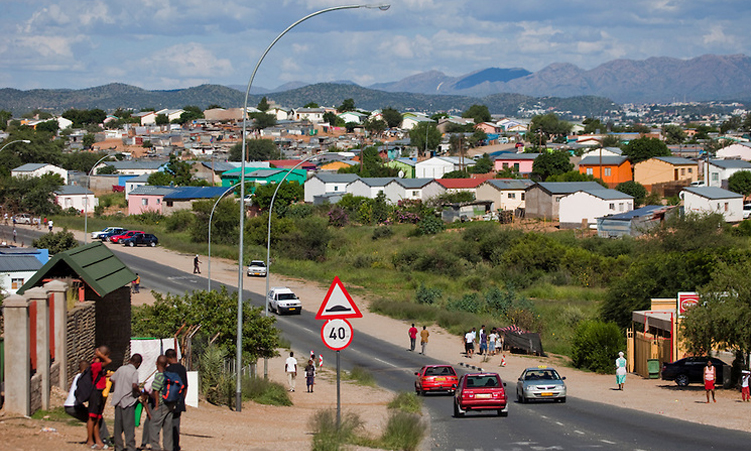In a recent article published by The Namibian, titled “The pioneer who built Katutura’s first houses”, Simone Mogane recalled the apartheid administration instructing him to build houses in the new location they had allocated to the black community in Windhoek.
The instructions were normal, except for one minor detail: “The houses also had to have iron doors. The Boers said if we used wooden doors the blacks would break the doors down and make fire with the doors.”
The history of Katutura is stained by this racist remark about the iron doors for people seen as savage and barbaric.
During the 1950s the Windhoek municipality, in consultation with the South West African Administration and the South African apartheid government, decided to build a new location north-west of Windhoek.
The plan was to forcefully remove all Old Location residents. Many Old Location residents vehemently opposed the planned closure, removal and move to the proposed new location.
Opposition to the move reached a climax in December 1959.
As the tale of the Old Location goes, a group of Herero women undertook a protest march to the administrator’s residence on 3 December 1959.
Five days later, the group organised an effective boycott against municipally operated facilities such as buses, the beer hall and the cinema.
On the night of 10 December, a protest meeting held in the Main Location developed into a confrontation with the police.
The police shot and killed 11 people and some 44 required medical attention.
The most profound figure in Namibian history and the only woman who was part of the 11 fatalities caused by the apartheid regime was Anna ‘Kakurukaze’ Mungunda (1932–10 December 1959) .
Immediately after the confrontation, people fled in their thousands from the Old Location and refused to return because they feared for their lives.
In conclusion: This is how Katutura got its name: ‘A place where we cannot stay, because it is not our own.’
Those who fled and others who were eventually forcefully removed or left with fear and only the clothes on their backs due to intimidation and police brutality, arrived at the new place.
But they left everything they had behind in the Old Location – as well as their ancestral graves and burial sites.
They were forced to leave behind their history and therefore their identity.
Now they were placed in a location with iron doors, as they were too incompetent to use wooden doors.
This place was eventually called ‘Katutura’ and became dangerous, but with a rich history, and eventually became our own.
Nguvitjita Katjiuongua
Stay informed with The Namibian – your source for credible journalism. Get in-depth reporting and opinions for
only N$85 a month. Invest in journalism, invest in democracy –
Subscribe Now!










